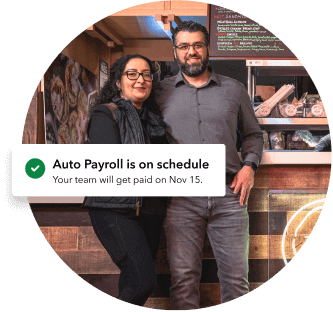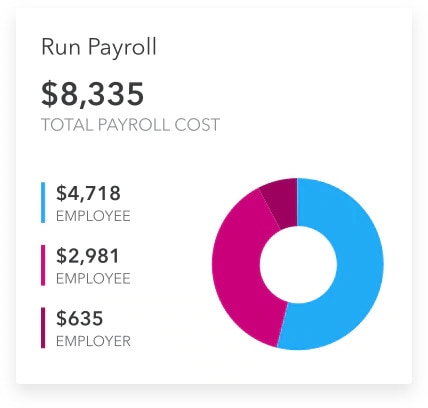What is Business Interruption Insurance?
Business interruption insurance begins where property insurance leaves off. Property insurance covers the replacement or repair of your business’ damaged physical property. It takes a physical loss or damage to property to trigger the coverage. Policies vary depending on the type of event leading to a loss and what, specifically, is insured.
What the property insurance does not cover is the loss of income that you experience when bills continue to pile up while revenue and profits are on pause. Between payroll, rent, and repair costs, it’s enough to bring a business to its knees.
The best way to ensure you don’t financially suffer from a temporary closure is to have Business Interruption Insurance or Business Income Coverage (typically the two terms are used interchangeably).
Business Interruption Insurance covers loss of income resulting from scenarios such as fire, flood, windstorm etc. This includes income lost due to the temporary closing of a business facility in order to rebuild after a disaster. This considers and covers the profits that would have been earned had the business been able to remain open. By contrast, just Property Insurance covers only the physical damage done to the business.
This policy is designed to keep businesses in the same financial shape they would have been in had the disaster not occurred.
Business Interruption Insurance is especially beneficial for your payroll. If your business experiences a temporary closure, your employees will not have access to their benefits and pay during that laps in time. With Business Interruption Insurance you can cover the expenses of your entire payroll and ensure your employees receive their regular funds so they are not forced to find new work.




